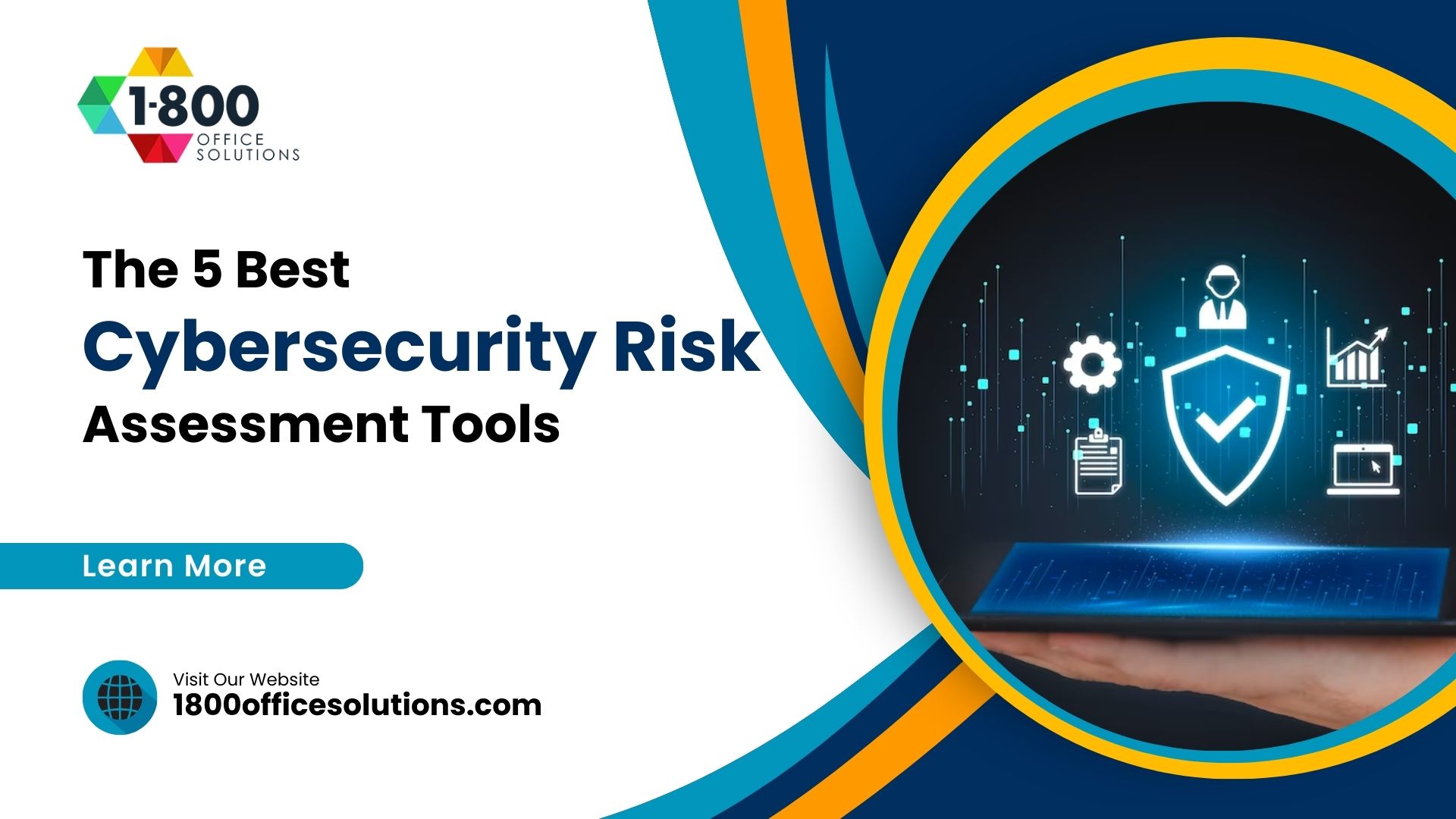Microsoft’s Secure Future Initiative: Fortifying the Digital Frontier Against Cyber Threats in 2023
Microsoft Future Cyber Threats Awareness
Microsoft has been making waves, but not for their latest gadget or app. Instead, the tech giant has found itself grappling with cybersecurity challenges, from malware to ransomware, grappling with the evolving cyber threats that have marked 2023 as a year of significant cyber risk.
This year, Microsoft doubled down on cybersecurity in response to a series of high-profile cyberattacks. In the face of these threats, the company unveiled its Secure Future Initiative (SFI), a robust strategy that targets everything from network security to application security. It’s Microsoft’s battle cry against the malicious intent of cybercriminals, bolstering defenses against the ever-present danger of phishing, cloud security breaches, and the exploitation of sensitive information.
At the forefront of Microsoft’s pushback against cyber threats is the utilization of AI and automation. These security solutions are vital in their mission to secure vast cloud services, plugging vulnerabilities and ensuring data breaches become a relic of the past. By harnessing AI, Microsoft is not only speeding up the process of identifying cybercrime but also enhancing its security posture across mobile devices and the Internet of Things (IoT).
Microsoft’s leadership has not been silent about these security threats. At this year’s Web Summit, Brad Smith acknowledged the disruption caused by ransomware attacks and phishing scams. He emphasized the importance of strong passwords and authentication methods as part of a comprehensive cybersecurity program.
To mitigate the risk of attack, Microsoft has been proactive in deploying security awareness training and enforcing best practices across its operations. From the C-suite to the security teams on the ground, they’re advocating for a culture of cybersecurity awareness that encompasses everything from endpoint security to mobile security.
The tech giant is also revising its approach to application security, leveraging insights from the National Institute of Standards and Technology to safeguard critical infrastructure. With the rise of insider threats and sophisticated malware, they’ve taken strides to improve the security of every computer system they touch.
Microsoft’s shift to a more secure framework has been echoed by the Cybersecurity and Infrastructure Security Agency, which has highlighted the security risks inherent in today’s digital landscape. The agency has been instrumental in debunking cybersecurity myths and guiding security professionals on emerging security trends.
The company’s security architects are hard at work, crafting security policies that address the scale of the cyber threat. As part of this, they’re focusing on security orchestration and the deployment of qualified cybersecurity experts to handle the complex cyber landscape.
In recognition of the different types of cybersecurity, from data security to information security, Microsoft’s security analysts are also tackling the daunting task of preventing security breaches. They’ve put a spotlight on the value of a strong cybersecurity strategy, which prevents attackers from exploiting vulnerabilities and launching denial of service attacks.
The pursuit of a robust security strategy is more than just a response to new threats; it’s about establishing a strong foundation that security protects these devices and systems from advanced persistent threats and novel threats. Microsoft’s commitment to good security echoes the sentiment that cybersecurity is the protection that is critical to the security of any organization.
As cyber safety tips become more complex and the need for comprehensive cybersecurity solutions grows, Microsoft’s latest initiatives underscore why cybersecurity is important. With October marking cybersecurity awareness month, it’s a reminder that a qualified cybersecurity workforce is essential to combat the ever-evolving security challenges of the digital age.
Looking ahead, Microsoft’s efforts to strengthen its cybersecurity posture highlight the essential nature of cybersecurity jobs and strategies. As they continue to face and adapt to the changing face of cybercrime, their actions serve as a blueprint for other corporations aiming to safeguard their futures against the unpredictable tide of cyberattacks.











